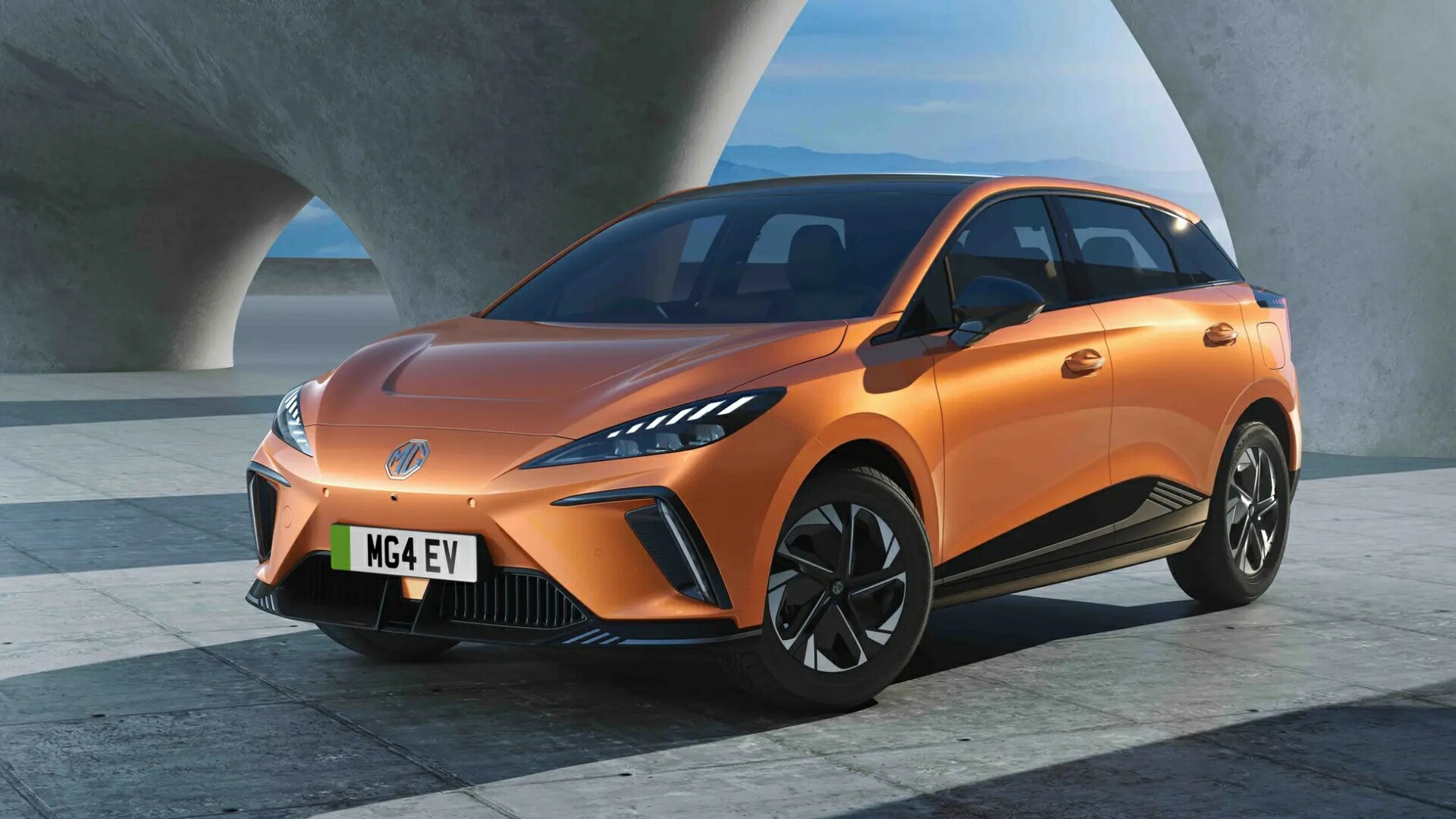Accusations have surfaced suggesting that China is providing unfair subsidies to export electric cars to Europe, leading to lower prices and creating challenges for local car manufacturers like VW and Renault.
The European Union (EU) has raised concerns, alleging that the Chinese government’s subsidies are distorting the market by favoring budget-priced electric cars and affecting fair competition. In response, the EU is considering imposing tariffs on both new and existing Chinese electric cars in Europe.
The EU initiated an investigation in October, uncovering evidence that points to subsidies provided to Chinese electric car exports. These subsidies, deemed “countervailable,” appear to be targeted at keeping retail prices of Chinese electric cars artificially low in the European market.
Throughout the investigation, imports of Chinese-built electric vehicles have surged by more than 10%, with a significant portion of these exports destined for Europe. To address this issue, the EU has instructed customs authorities to monitor and register imports of electric vehicles from China.

This step aims to pave the way for imposing retroactive tariffs on existing Chinese electric cars already in Europe. Notably, Chinese electric cars, such as the MG 4, are priced considerably lower than their European counterparts, like the Volkswagen ID.3 and Renault Megane E-Tech, potentially distorting the competitive landscape.
The EU’s concern extends beyond market distortion, emphasizing the potential negative impact on European producers, including diminished sales and reduced production levels. This situation could lead to employment challenges and overall economic strain for European manufacturers.
While specific details regarding the timing and magnitude of tariffs remain undisclosed as the investigation continues, the EU is taking proactive measures to address the issue.
In response to the EU’s actions, the China Chamber of Commerce to the EU expressed disappointment, citing the increasing demand for electric vehicles in Europe as a contributing factor to the surge in Chinese EV imports.
This development in Europe mirrors similar concerns raised in the United States, where investigations are underway to assess potential data security risks associated with Chinese cars sold in the US market.

